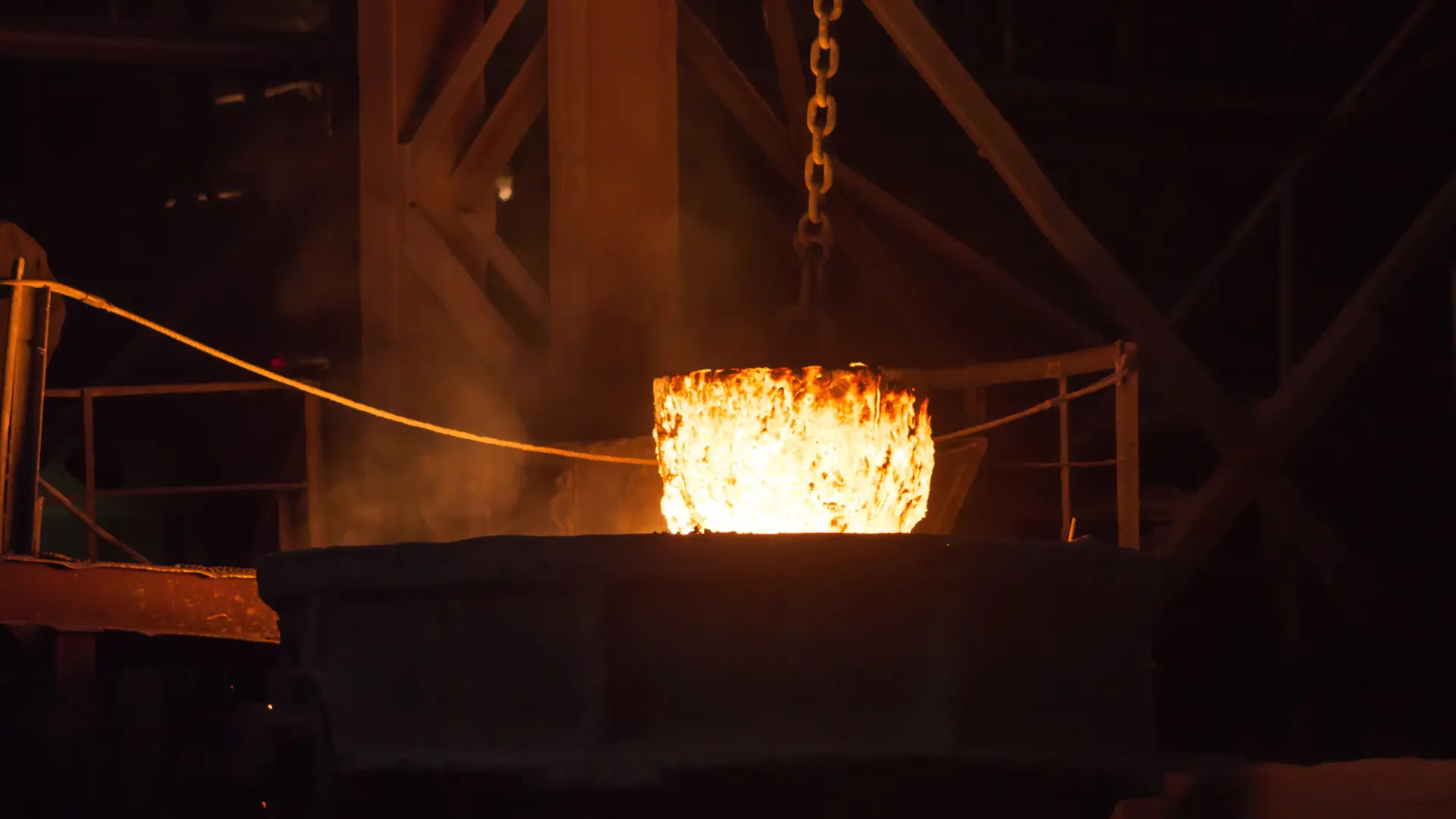Ferroalloys – An Essential Component in Steelmaking

Ferroalloys – An Essential Component in Steelmaking
Modern steel production relies heavily on alloying additives that determine the structure, durability, and corrosion resistance of the final product. At the heart of this process are ferroalloys – specialized metallurgical materials composed of iron and one or more alloying elements such as manganese, silicon, chromium, or molybdenum.
What Are Ferroalloys?
Ferroalloys are metallic compounds of iron and other elements, typically produced in electric arc furnaces via carbothermic reduction. Common types include:
- Ferromanganese (FeMn)
- Ferrosilicon (FeSi)
- Ferrochrome (FeCr)
- Ferromolybdenum (FeMo)
- Ferrovanadium (FeV)
- Ferrotitanium (FeTi)
- Ferronickel (FeNi)
Ferroalloys are added to molten steel to introduce alloying elements, remove impurities (like oxygen), and refine grain structure.
Role in Steelmaking
Ferroalloys serve key functions in metallurgy:
- Alloying – giving steel specific properties like hardness, corrosion resistance, or toughness
- Deoxidation – removing oxygen to improve steel quality
- Microstructure control – influencing strength, ductility, and machinability
Without them, it would be impossible to manufacture stainless, tool, or high-strength structural steels.
Most Common Ferroalloys – Uses and Properties
| Type | Main Application | Key Properties |
| Ferromanganese (FeMn) | Construction steels | Improves strength and toughness |
| Ferrosilicon (FeSi) | Deoxidation/desulfurization | Reduces oxygen and sulfur content |
| Ferrochrome (FeCr) | Stainless steels | Adds corrosion resistance |
| Ferromolybdenum (FeMo) | Tool/special steels | Increases hardness and heat strength |
| Ferronickel (FeNi) | Austenitic steels | Improves ductility and workability |
Importance of Purity and Quality Control
Controlling the composition of ferroalloy is crucial:
- Low phosphorus, sulfur, and carbon content ensures high-grade steel
- Granulometry affects feeding and melting
- Storage and transport conditions must limit oxidation and dust formation
Strict lab analysis and traceability are essential in automated steelmaking environments.
Logistics and Delivery Flexibility
Ferroalloys can be supplied:
- in big bags,
- in bulk containers or pallets,
- via truck, rail, or sea transport.
We offer:
- quick order turnaround,
- batch customization,
- complete technical and logistical documentation.
Ferroalloy Supplier – Poland and Europe
As a trusted ferroalloy wholesaler, we supply high-quality materials for use in basic oxygen furnaces, electric arc furnaces, and continuous casting systems.
We provide:
- consistent supply from stock,
- strict quality certification,
- tailored shipments for European steelworks.
